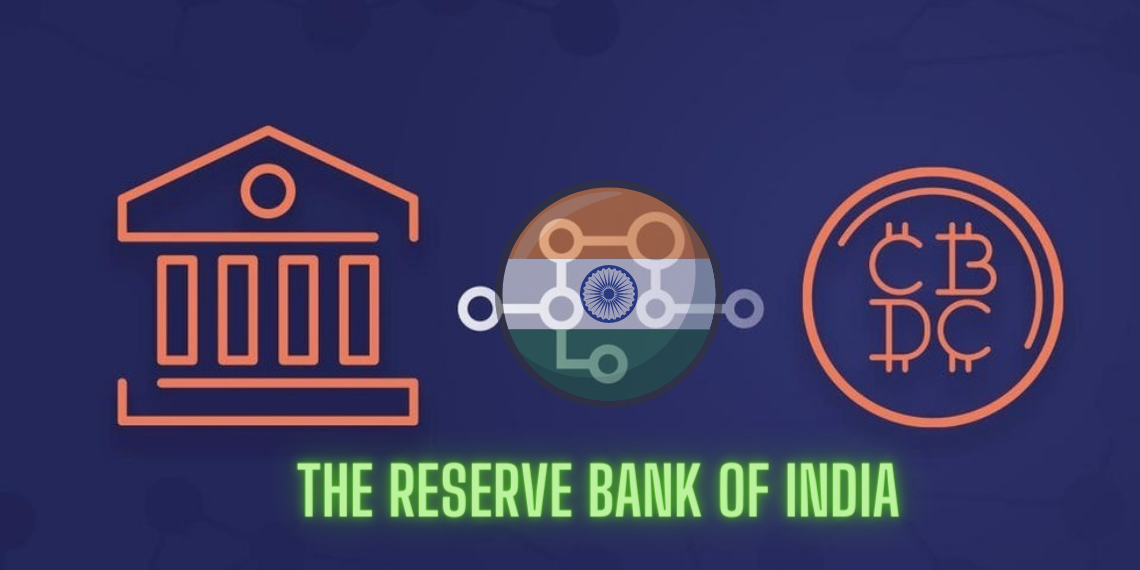India’s finance minister has indicated that the government is exploring several commercial use cases of its digital currency. The Reserve Bank of India (RBI) will issue a new digital currency labelled the ‘digital rupee’ by 2023. The Indian government wants to position its digital currency as a regulated alternative to cryptocurrencies in the country. According to the finance minister, the digital rupee will drive financial inclusion in the Indian digital commerce space.
Nirmala Sitharaman, the finance minister also achieved that financial inclusion in the digital space will be mostly achieved through the JAM trinity (Jan Dhan-Aadhaar-Mobile). This means binding individual identity with mobile-based digital transactions. This initiative will allow the digital rupee to reach even the farthest person in the country. The Central Bank’s Digital Currency was announced in the Union Budget, along with the development of digital banks and digital universities.
With this initiative, India joins the list of countries actively testing the use of Central Bank Digital Currency (CDBC). Countries like Sweden, China, and the US are also underway with the CDBC development, as Nigeria and the Bahamas have launched their CDBC earlier last year.
Understanding RBI’s digital currency
The Central Bank Digital Currency (CBDC) will be a digital alternative to the INR, which will be backed by distributed ledger technology. However, the distributed ledger will be a permissioned blockchain, meaning that the central bank will have full access and control over the blockchain. Permissioned blockchain is not publicly accessible. This is what makes the CBDC different from conventional cryptocurrencies.
Digital currency will be backed by RBI which will never be default. Money will be of RBI but the nature will be digital. Digital rupee issued by RBI will be a legal tender. Rest all aren't legal tender,will not,will never become legal tender:Finance Secy TV Somanathan
— ANI (@ANI) February 2, 2022
(File pic) pic.twitter.com/Cko0e4753X
Financial experts are optimistic that the CBDC will bring several benefits to the Indian economy. The new digital currency will eliminate the risk of settlements, as it will be the final payment system. The digital currency itself will hold the actual store of value, and transfer this value to other entities when a transaction is made. So, it will evidently result in lower transaction fees, and make the transaction flow more transparent.
However, the concept of allowing the central bank to have authority over the distributed ledger and regulating the CBDC means that the financial instrument will still be strictly regulated, and not immune to corruption. So, the digital currency is a step forward for India’s digital economy, however, it cannot be compared to the free monetary system of crypto and conventional blockchain technology.





